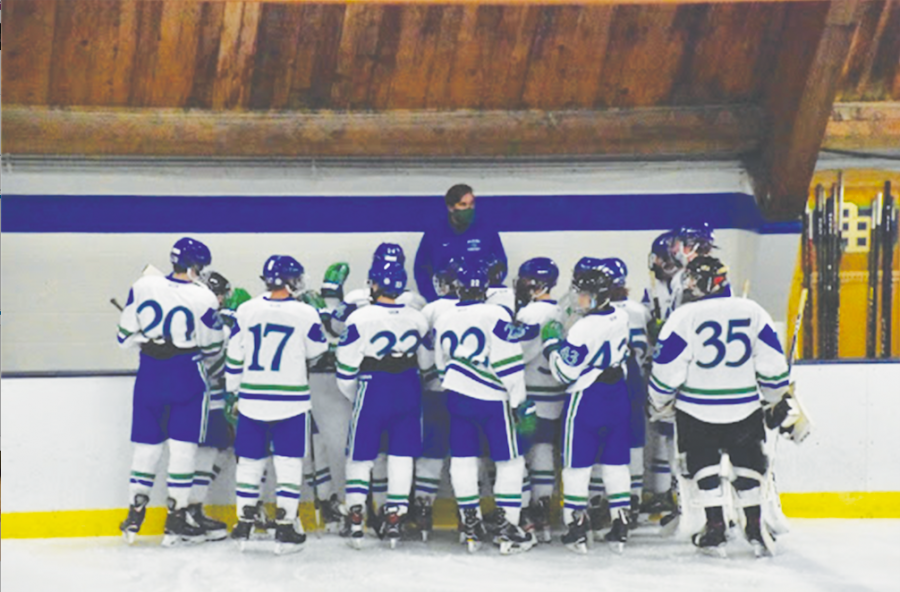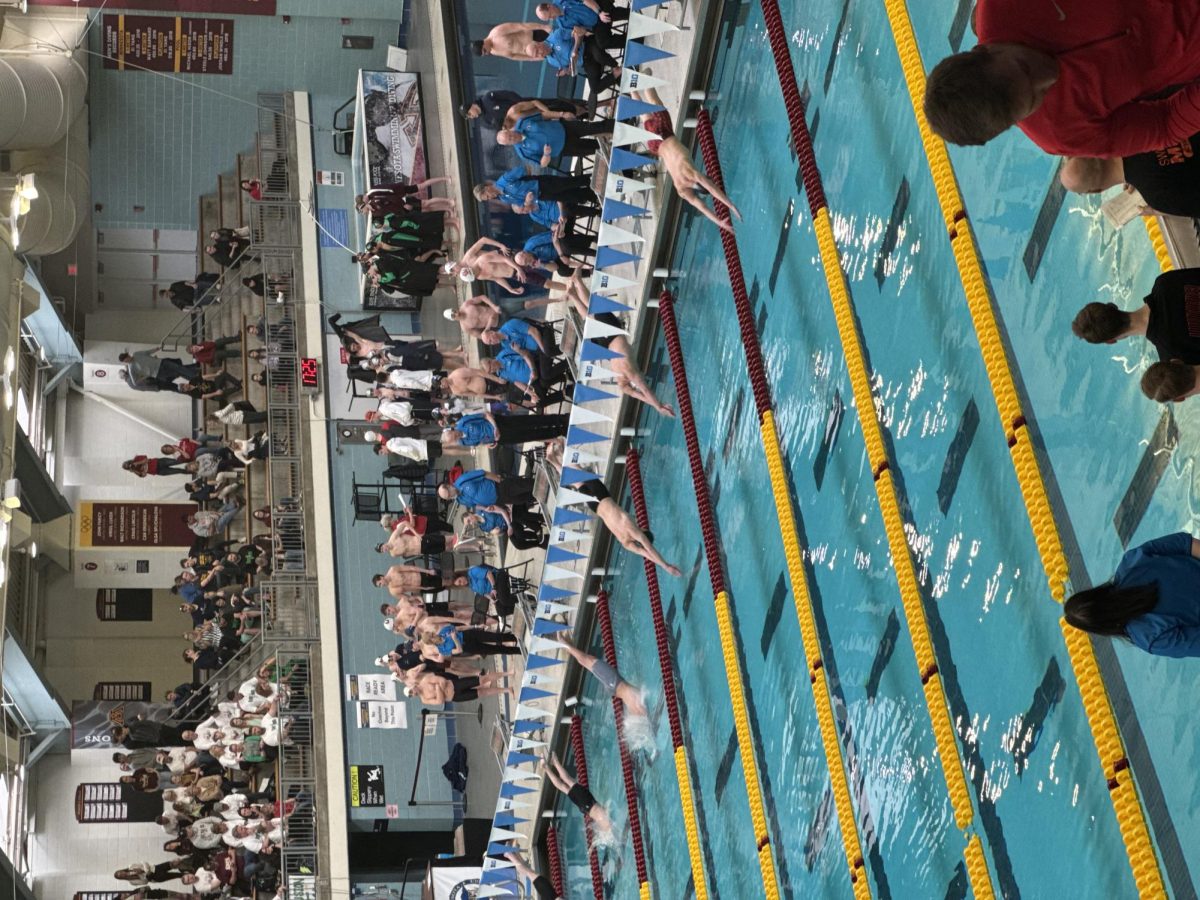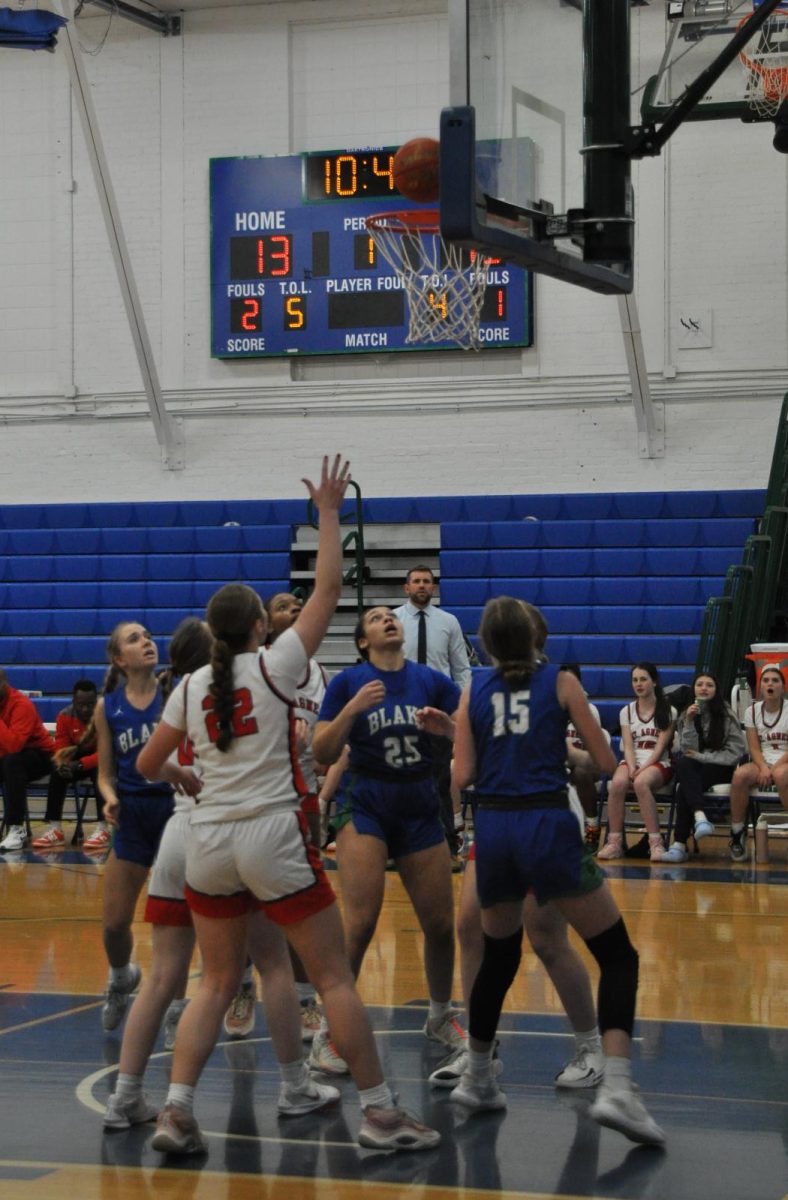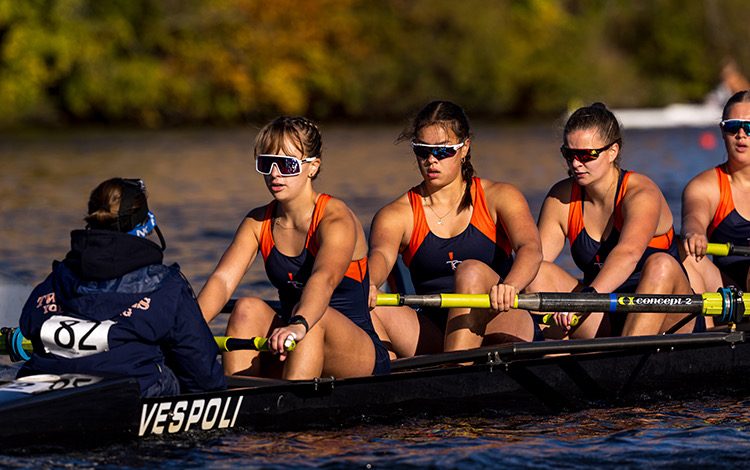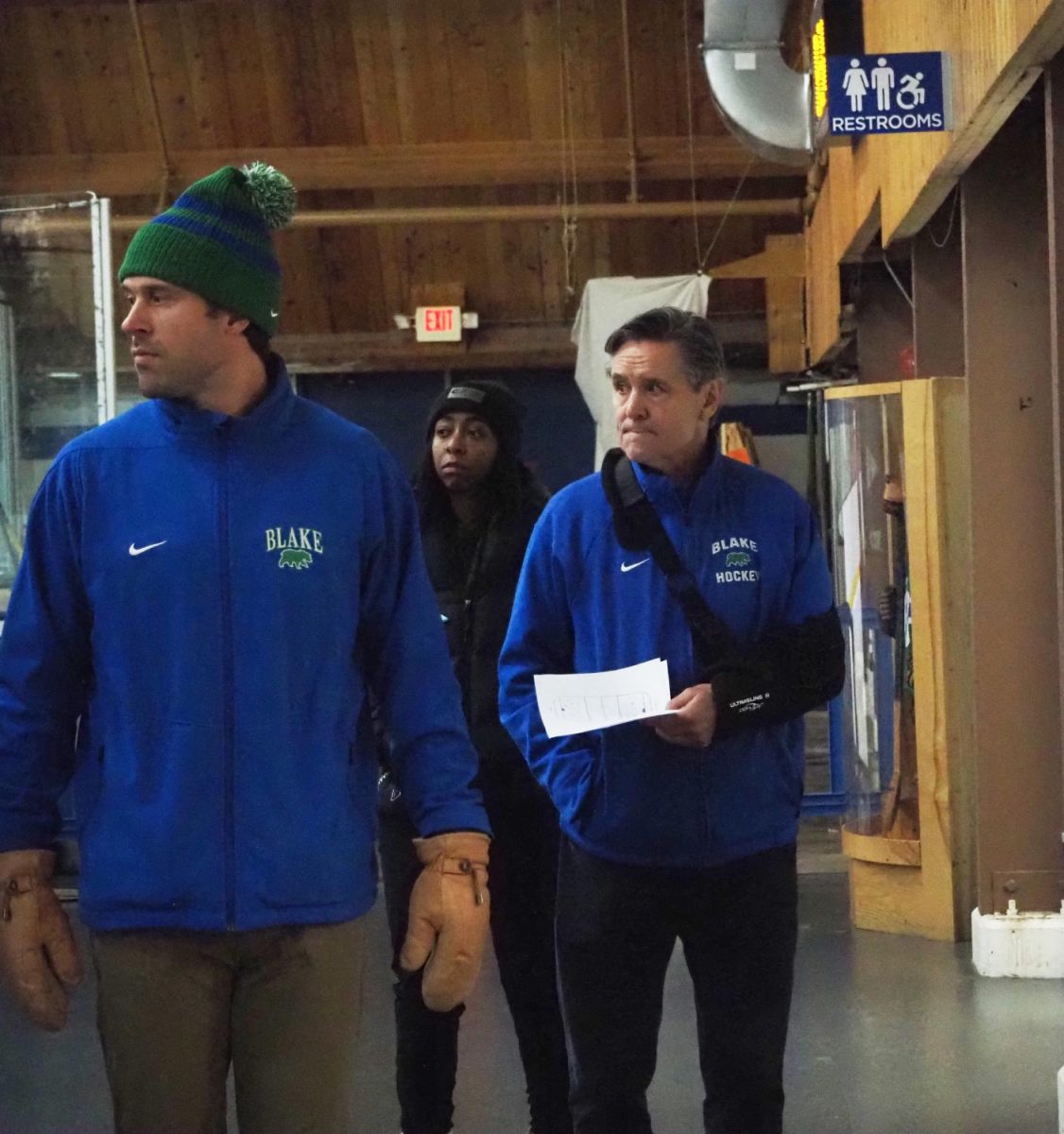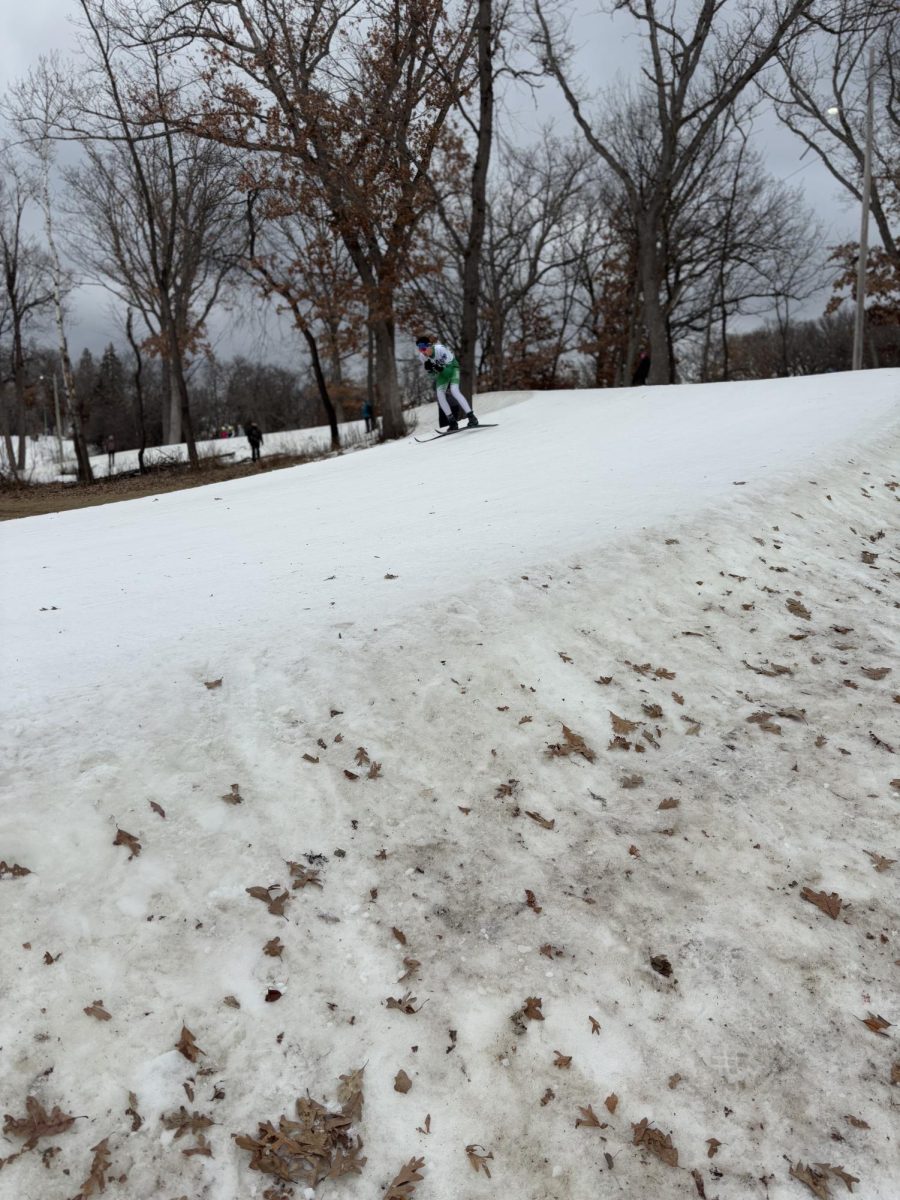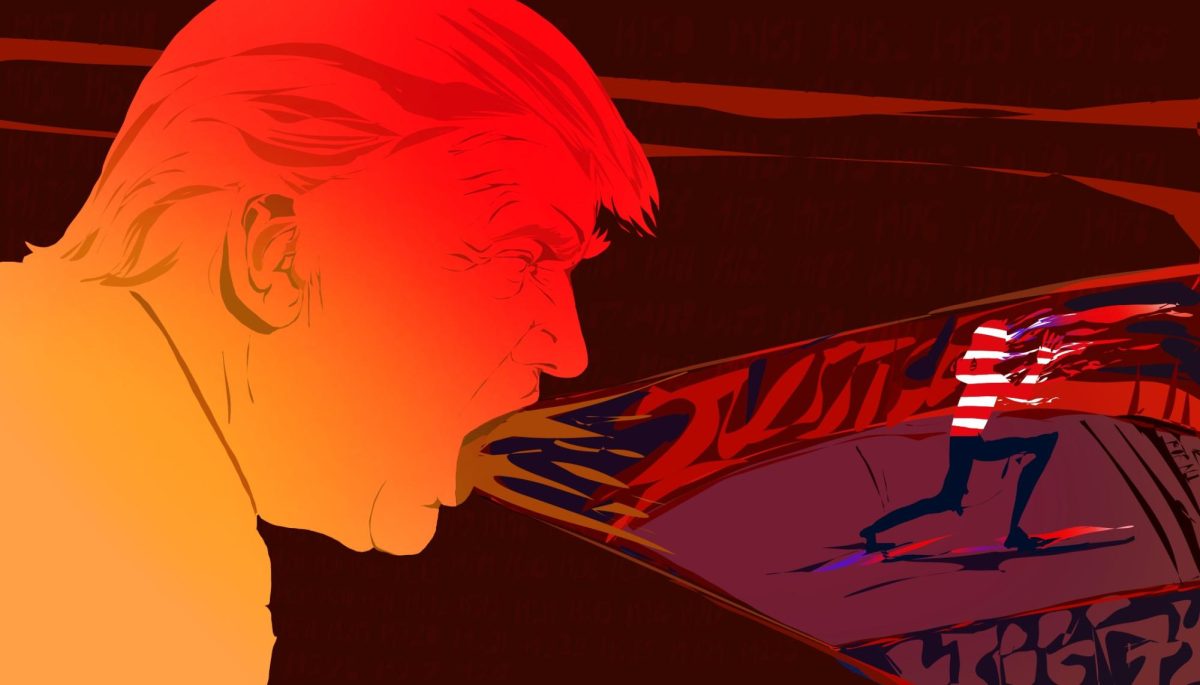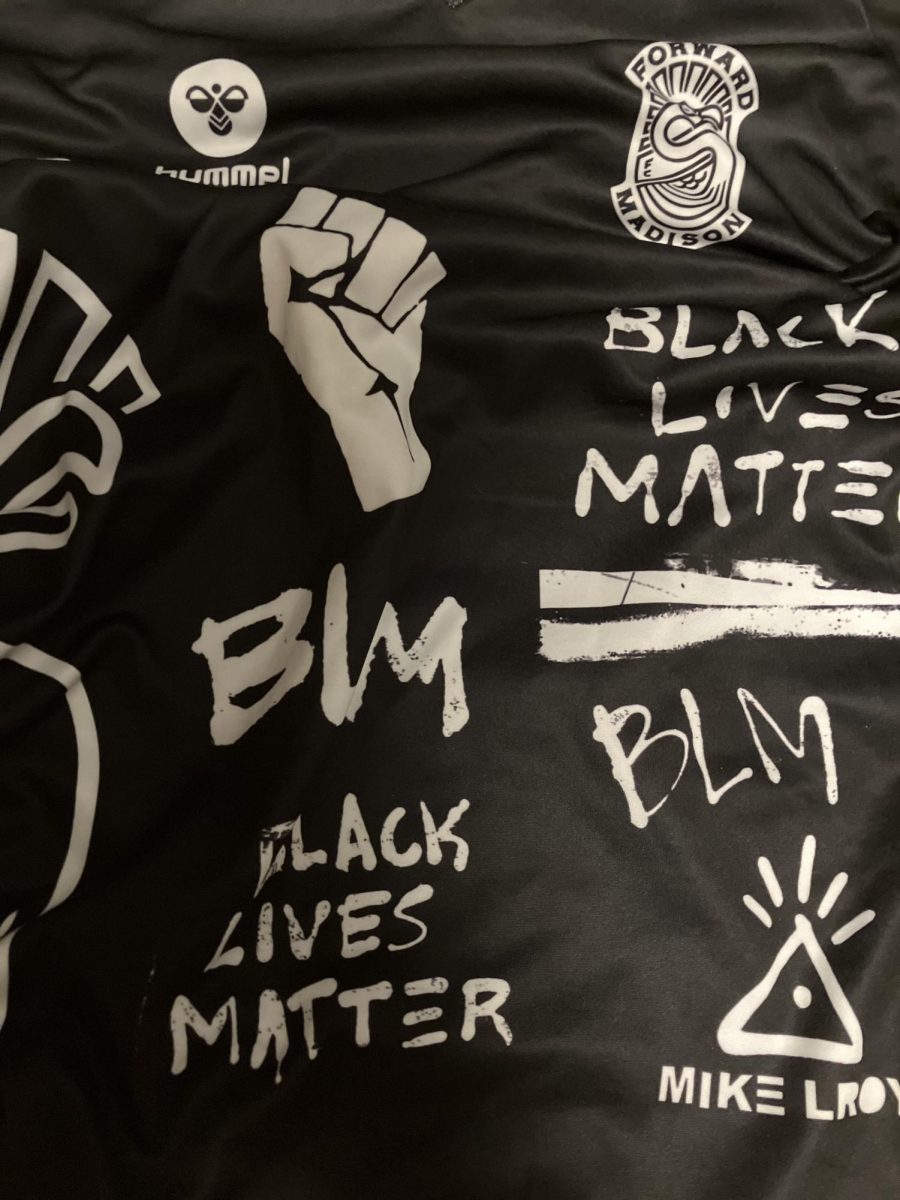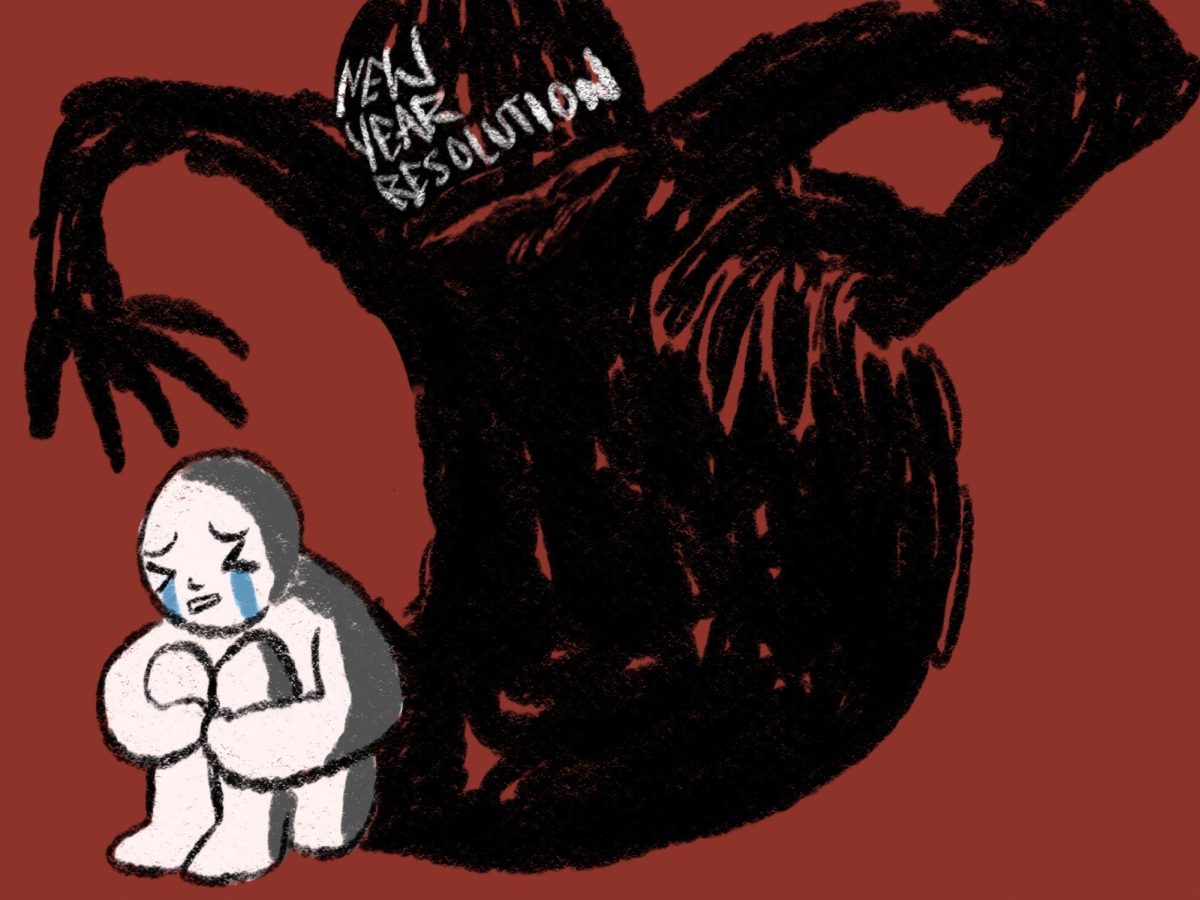“The JV team has always had a pretty strong bond with each other,” says third year JV hockey player, Luke Sugalski ’22. Though, in typical 2020-2021 style, no season is truly the same. This, however, has not stifled the important bond among teammates on JV Boys’ Hockey.
This bond between the team is intentional and deliberate, as all teammates may have not played hockey on the ice with their linemates. David Carlson ’23 says, “I think that one of the big differences between Blake and other schools [is that the entire team hasn’t] grown up playing together, like a lot of people at public schools [have]. And, coming from all these different associations, it’s fun to play with your classmates that you’ve been going to school with for the first time, but it’s definitely a big adjustment.”
The new coaches of the team have introduced a weekly buddy system this year that has maintained the team’s cohesive environment. Each week, two teammates are assigned as buddies, and they are tasked with engaging in some activity outside of hockey and reporting it back to their coaches. For many, these activities have consisted of video games, facetiming, and pond hockey.
Sugalski shares, “It’s generally upper [paired with] lower classmen. But sometimes it’s just people that play in your line…just to build chemistry [on the ice]…The coaches try and [pair you with] people you may not really know very well.”
Michael Rekas ’23, first year JV player, concurs that the buddy system is “something we can do to stay connected and get used to one another.” He adds, “It definitely helps on the ice.”
One noteworthy change from previous hockey sessions and the current one is the limited locker room time. TC Doran ’22, starting goalie, says, “For hockey especially, that locker room dynamic is really where all the social [bonding] happens, as opposed to other sports, [such as] track for me, where you sort of got that social aspect going on throughout practice as opposed to just before and after.”
Sugalski communicates that the coaches have been very cognizant of the importance of locker room time for a time. He says, “They do rotate the locker rooms to try and get [ other teammates to have] other connections with other people…just so it’s not a lowerclassmen locker room or an upperclassmen locker room.” Despite the limited locker room time for the JV team, it is clear that the coaches have made an intentional effort to best utilize all possible team bonding time.
Doran agrees and contemplates the ways this season can inspire new team bonding approaches for additional sport seasons: “The buddy program has been helpful for hockey. I think I would like to see it continue in Track & Field and especially for hockey; it does help the team bond more.”
Doran, Sugalski, and Rekas appreciate the efforts of their coaches to maintain their sense of community. Rekas says, “So far this year, I think [the coaches] have done a good job of trying to keep everyone together and get some sort of game plan working that we all have familiarity with and that we all are able to run pretty easily.”
Additionally, the health concerns of the COVID-19 pandemic have brought about increased awareness for the importance of trust between teammates. Sugalski says, “You’re trying to not shut the team down..I think there is a little bit of a bond that’s built from trusting your teammates with that sort of thing.” Albeit a worrisome circumstance, the prominence of coronavirus in not only the world but also the immediate community has underscored the qualities of being a teammate that include honor and trust.
In looking forward to next year, these embraced values will propel the team toward another successful season, hopefully one without the added pressure of variants, vaccines, and viruses. Rekas concludes, “Going into next year, we’re hoping that we’re gonna have a normal season, we’re gonna start in late November/early December… and that we can continue as if life were normal next year.”


